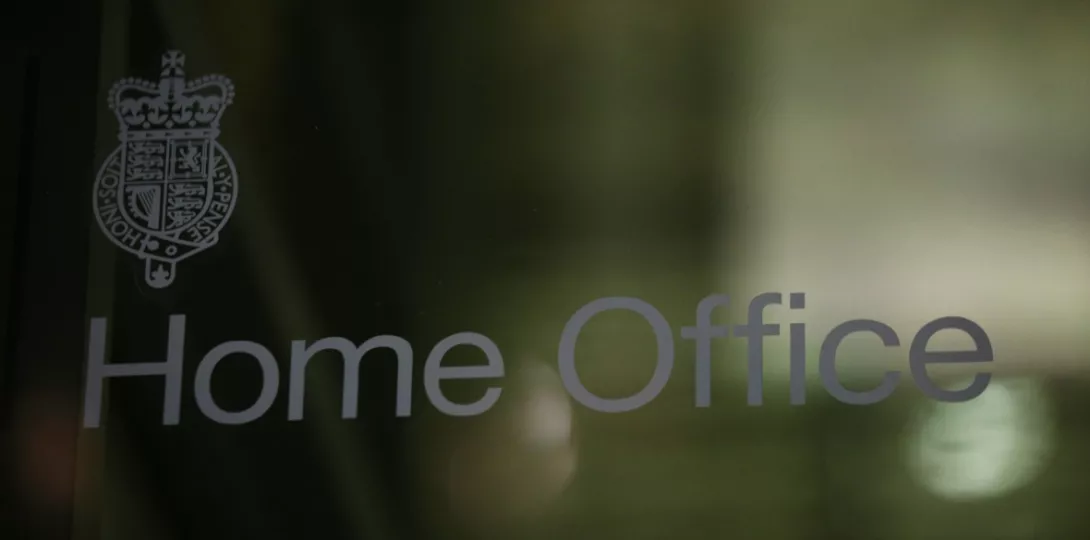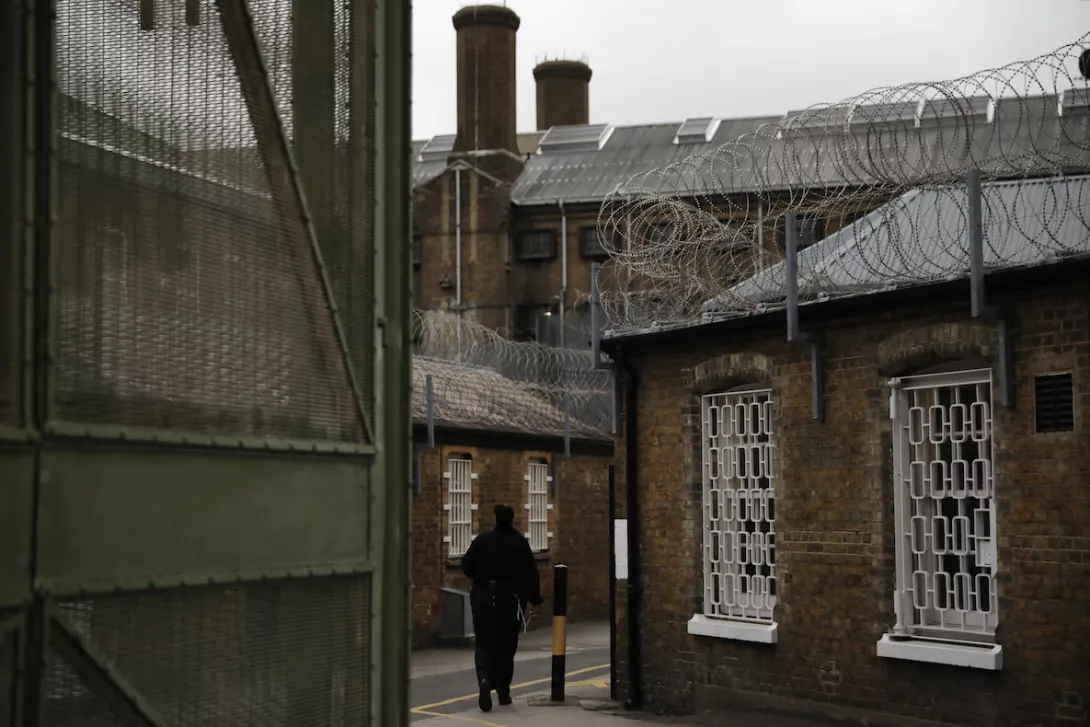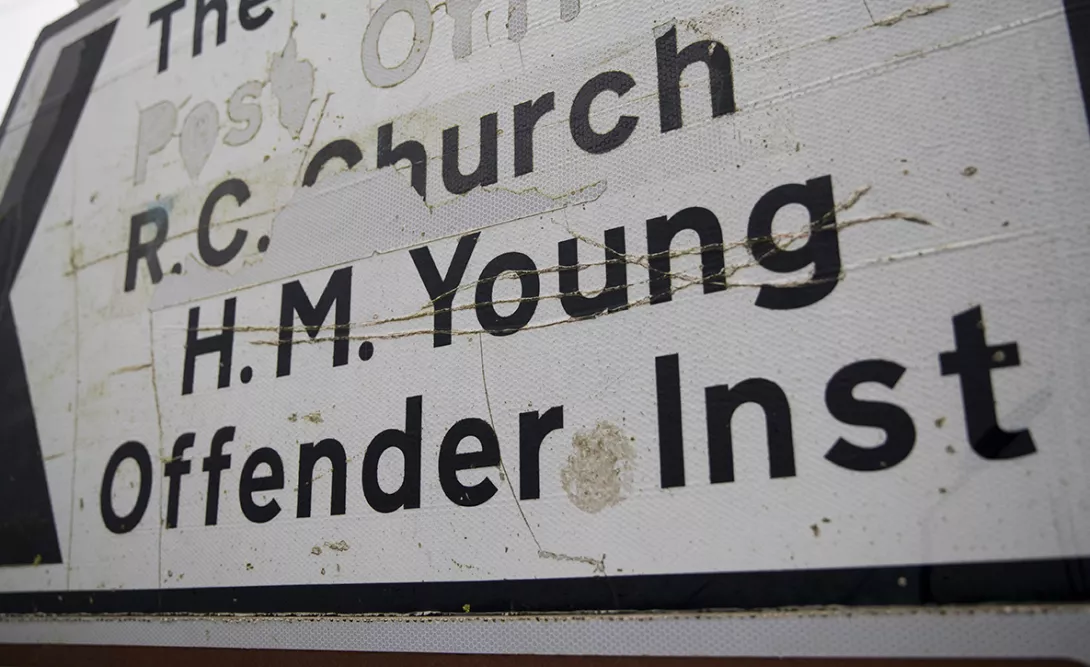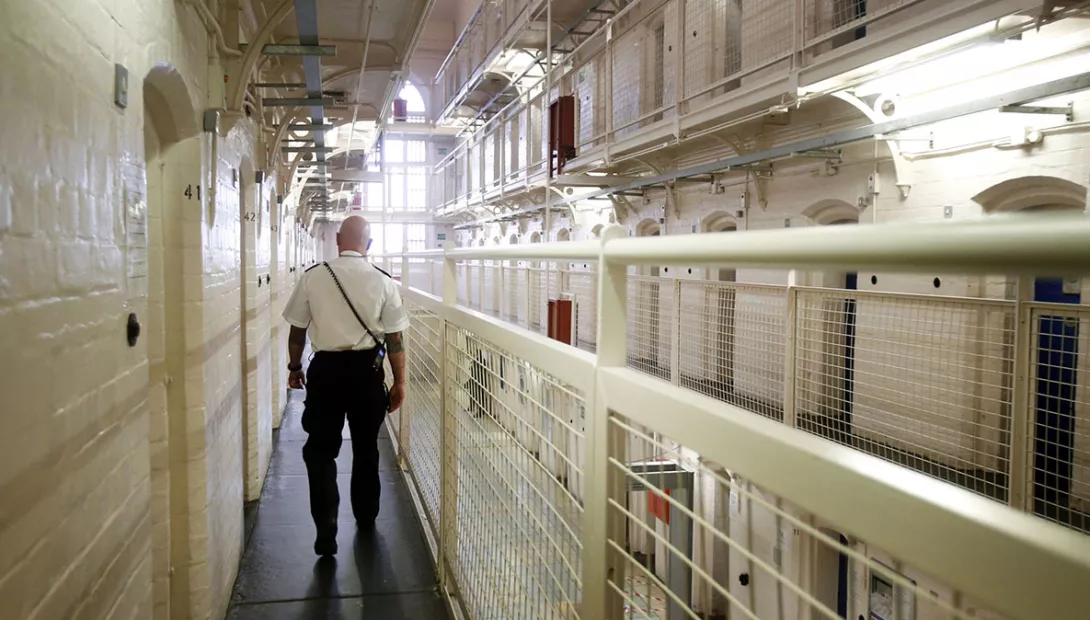Prison officers' union calls for Royal Inquiry to deal with overflowing crisis

PRISON officers’ union POA demanded a public inquiry to deal with Britain’s jail capacity crisis today.
General secretary Steve Gillan added that Labour should invest in its current prisons and only build new ones after a review of court sentencing.
The prison service says it has fewer than 80,000 safe and decent accommodation prison places in England and Wales.
More from this author

Palestine Solidarity Campaign director Ben Jamal denies breaching anti-protest laws
Similar stories
















